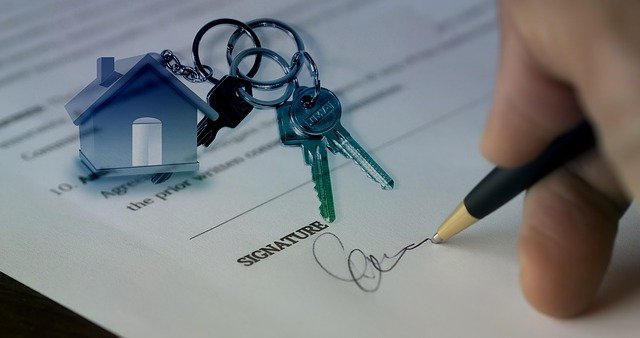
So, you've found your dream house, filled in the paperwork, picked up the keys & now you're ready to start your adventure as a new homeowner. Most new homeowners have a long list of jobs to tackle after they move in, from setting up bill payments to redecorating - it's always hectic.
One thing that often gets overlooked by new homeowners is home security. While it may not be your top priority, setting up an effective home security system should be something that new homeowners do shortly after moving in. After all, you don't want all your lovely new home to be vulnerable to burglars, fires or something worse!
First things first, request a survey
It's highly unlikely that you'll know all the vulnerable places in your new home when you've only just moved in. Chances are, you've never had to set up a home security system before, and installing things randomly will not protect your home. A much better idea for new homeowners is to employ the help of home security technicians, like the ones here at IDS Security.
With years of experience surveying homes, installing security systems and even providing regular maintenance, IDS can help new homeowners create a bespoke security system that suits their needs exactly.
Request A FREE Security Survey >
Typical home security systems
Here at IDS, we believe that each home security system should be different, after all, every home is different! That being said, there are a few key components of home security systems that can be integrated just about anywhere to provide a high level of security. So, if you're a new homeowner who's unsure where to start with their home security system, just keep reading...
CCTV Cameras
A great way to keep eyes on your new property at all times is to install CCTV cameras. The IDS team can help you by showing you exactly where to position them to get the best view of the most vulnerable areas. Better still, our CCTV cameras can be accessed remotely from your mobile phone, meaning you can check on your property wherever you are! This is especially great for new homeowners who don't know the area they're moving to, or who are feeling anxious about leaving their property vacant for the first time.
CCTV Systems >
Intruder Alarms
When you move to a new area, it's natural to feel unsettled. You don't know the people who live near you, or who walk past the front of you home. You may not even know the level of crime that goes on in the neighbourhood. For that reason, it's important that you consider installing an intruder alarm. Not only will it keep your home safe in the event of a burgarly, but it will also put your mind at rest so you can focus on making your new house a home.
Intruder Alarms >
Fire Alarms
It's likely that your new house will have some kind of fire alarm installed, but does it work? And how old is it? If you're looking at adding a security system to your new home that'll last for years to come, we'd highly recommend upgrading your old fire alarm & checking out our maintenance plans. Fires can happen anytime, anywhere, so you want to make sure your new home is properly protected!
Fire Alarms >
Buying your first home should be an enjoyable experience. With a little help from IDS Security, you can have a top of the range, bespoke home security system installed in no time. Find out more about our home security systems below, or give us a call on 029 20 753 251 to find out more.
Home Security Systems >
Read More: Do Home Security Systems Impact Home Insurance?